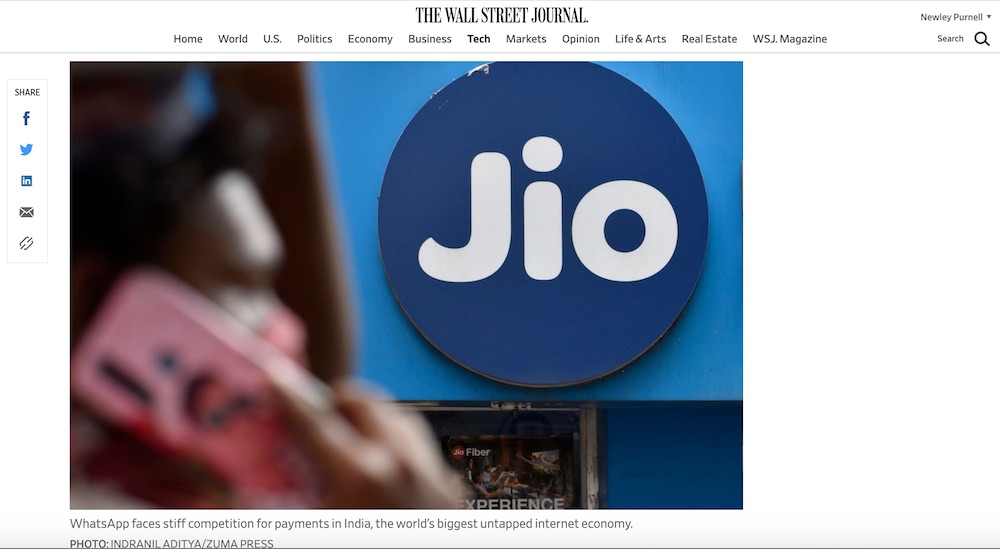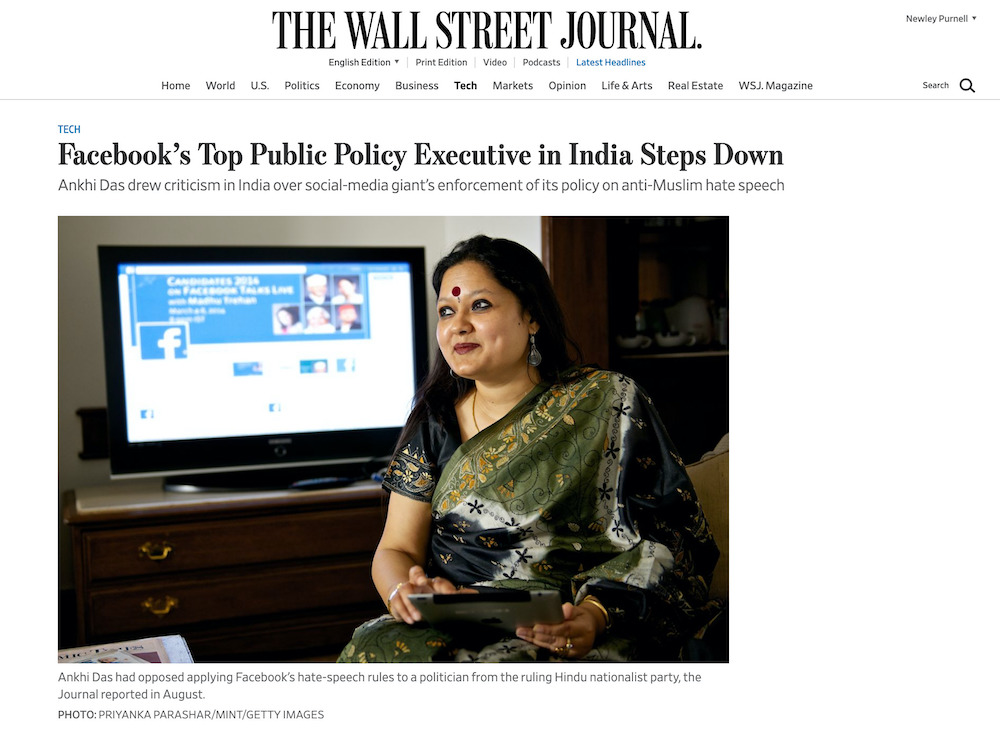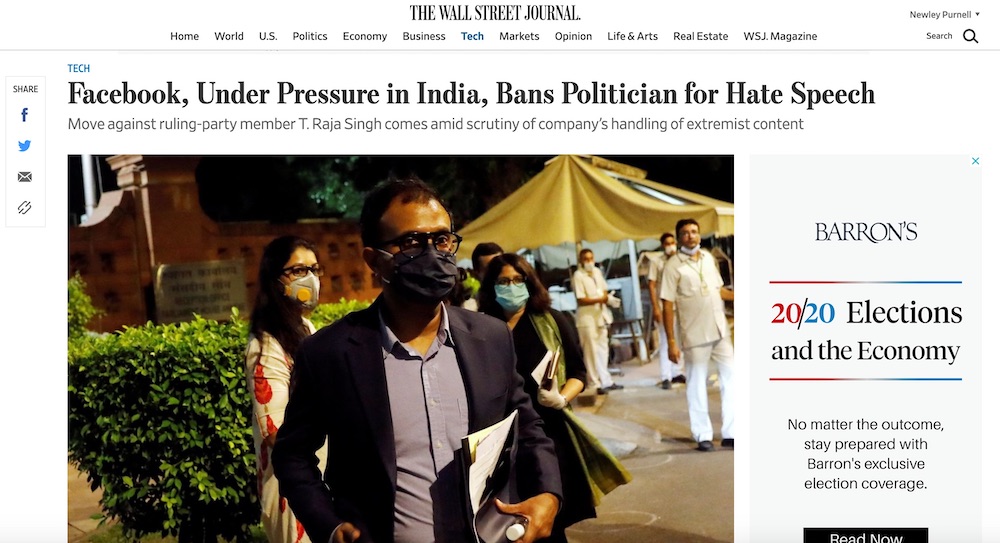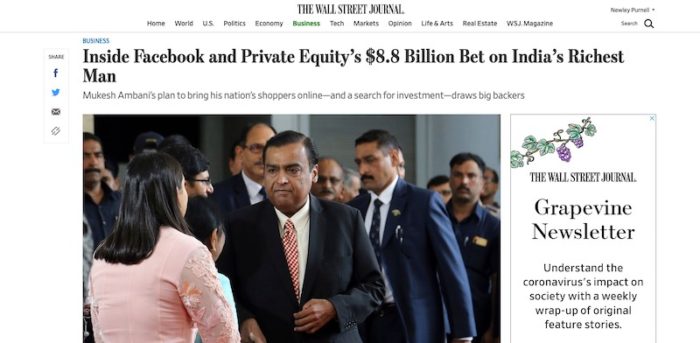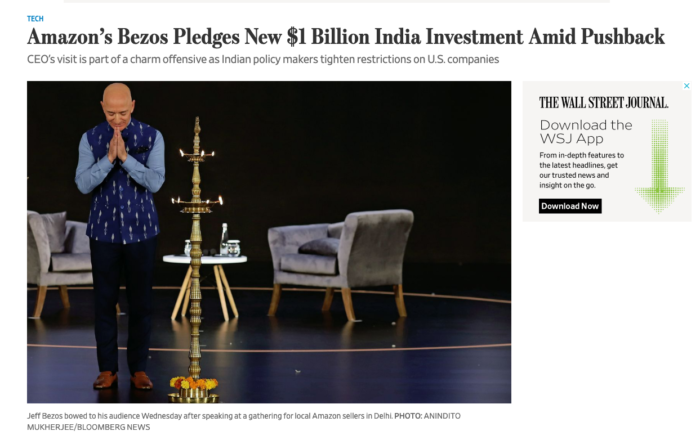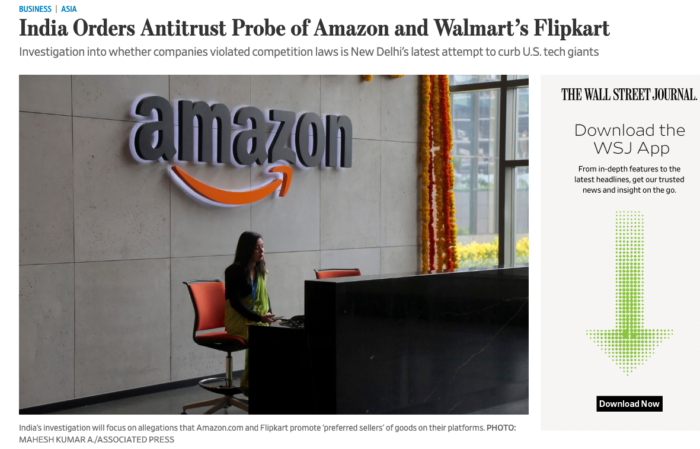
That’s the (online) headline on my newest story, which I wrote with my colleague Phred Dvorak. It’s on today’s WSJ front page. It begins:
Just over a year ago, India’s Oyo Hotels & Homes was among the world’s hottest startups and the second-largest hotel chain globally. It had billions of dollars from SoftBank Group Corp.’s Vision Fund and others, and a valuation that had doubled in a year to as high as $10 billion.
Covid-19, and the destruction it dealt travel, blew up much of that. But Oyo’s issues run deeper than the pandemic. The company already faced problems from its rapid expansion, issues that won’t be fully solved by a post-vaccine travel recovery.
Oyo has seen thousands of hoteliers leave its network amid complaints from many that they have been treated unfairly. The company’s challenges outside India threaten its global ambitions.
Click through to read the rest, or pick up a copy of today’s paper.

